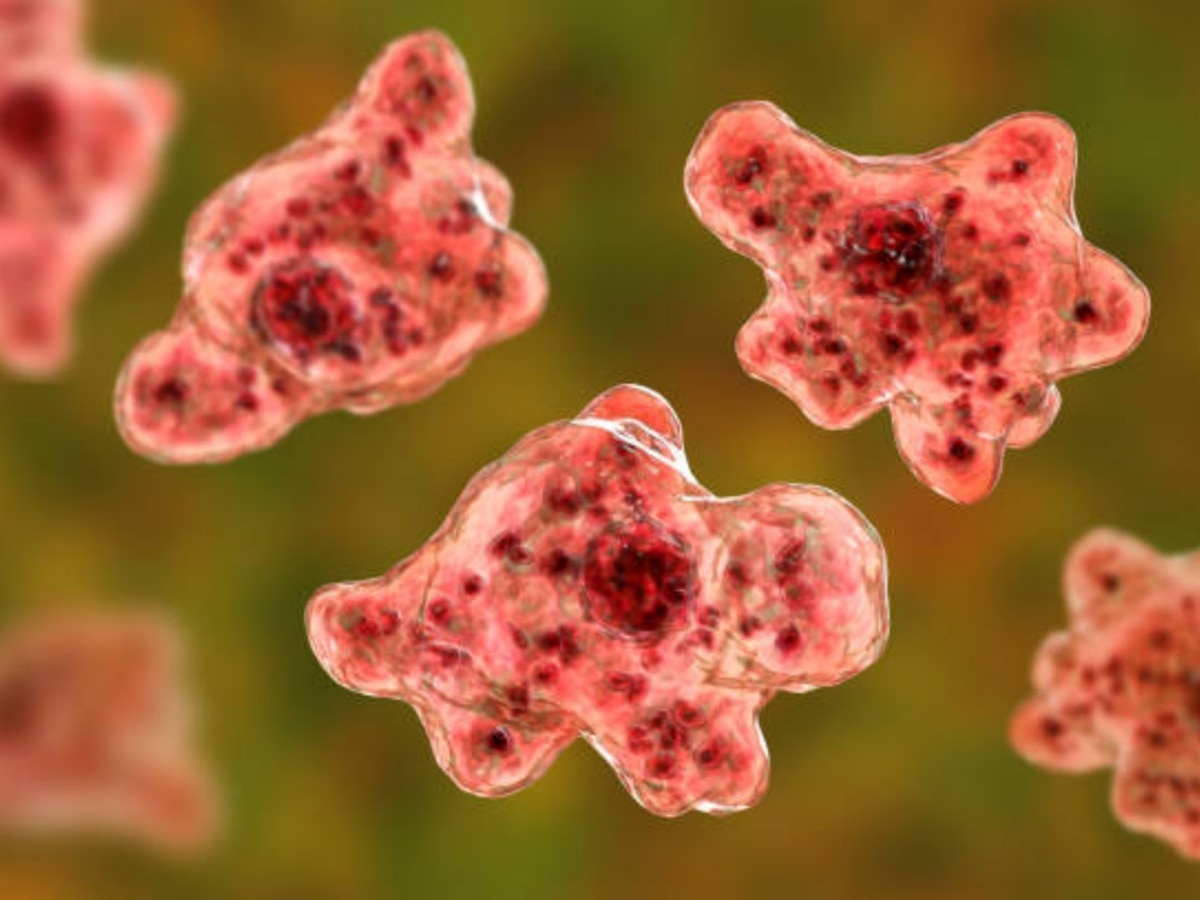The Kerala Health Department has asked people to take caution against amoebic meningoencephalitis and avoid bathing in puddles of stagnant water, which is where the “brain-eating amoeba” resides.
A 12-year-old boy from Kozhikode has tested positive for amoebic meningoencephalitis, a rare brain infection caused by a “brain-eating amoeba” found in polluted water. This is the third case to emerge in Kerala since May this year, days after a 13-year-old girl died due to the fatal infection in Kannur.
According to doctors at Baby Memorial Hospital where the boy is being treated, the 12-year-old had bathed in a pond near his home where he likely became infected with the free-living amoeba that is known to reside in contaminated bodies of water.
A senior doctor involved in the boy’s treatment said the infection was identified and treatment began the same day.
“We identified the infection in tests carried out in our laboratories and informed the DMO, which took preventive measures by closing access to the pond where the child had bathed,” the doctor said.
Doctors said the boy’s samples have been sent for analysis to a laboratory in Puducherry, from where the printed PCR report officially confirming the infection is awaited, adding that the boy remains in critical condition as the infection has a rate mortality of 95-100 percent.
However, they said that although it is a rare disease, there are protocols to deal with such cases and treatment begins immediately after diagnosis.
This is the third case of near-fatal infection reported in the southern state since May this year.
A five-year-old girl from Malappuram was the first victim of this rare disease and died on May 21. A month later, a 13-year-old boy from Kannur also fell victim to the deadly infection and died on June 25.
Medical experts say the infection occurs when free-living, non-parasitic amoeba bacteria enter the body through the nose from contaminated water.
On Thursday, the Kerala Health Department asked people to exercise caution against amoebic meningoencephalitis and avoid bathing in puddles of stagnant water, which is where the amoebas reside.
“Bathing in stagnant water and diving in water should be avoided as much as possible as this disease has been reported in Kerala. “The water in theme parks and swimming pools must be properly chlorinated to ensure its cleanliness,” he had indicated.
The disease was previously reported in the coastal Alappuzha district of the state in 2023 and 2017.
The main symptoms of the disease are fever, headache, vomiting and seizures.
